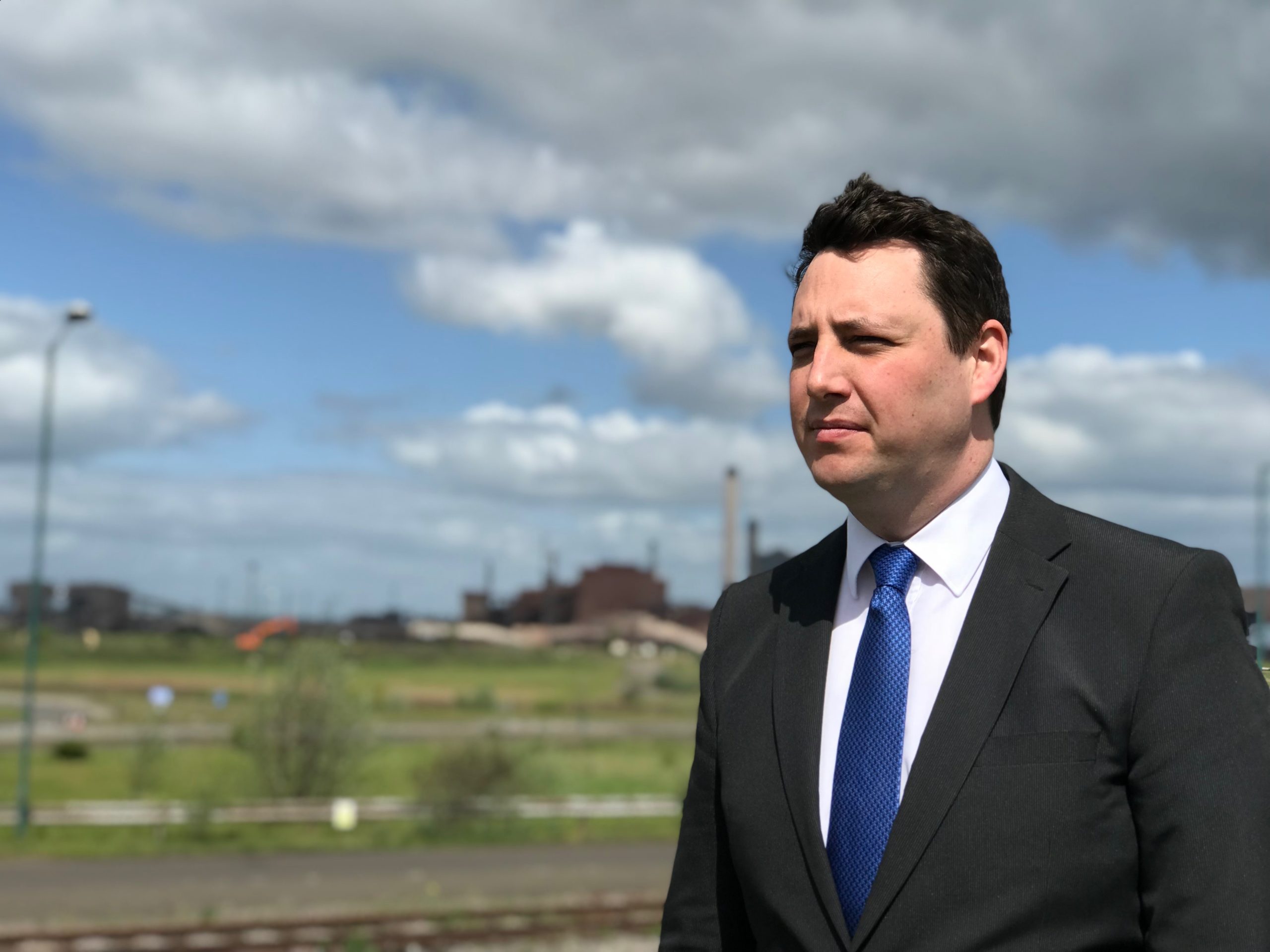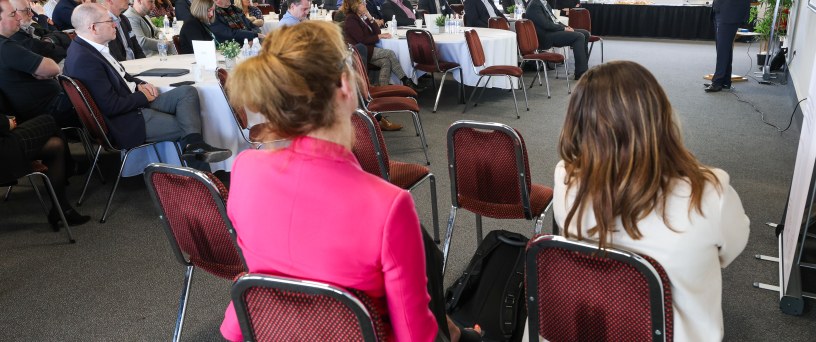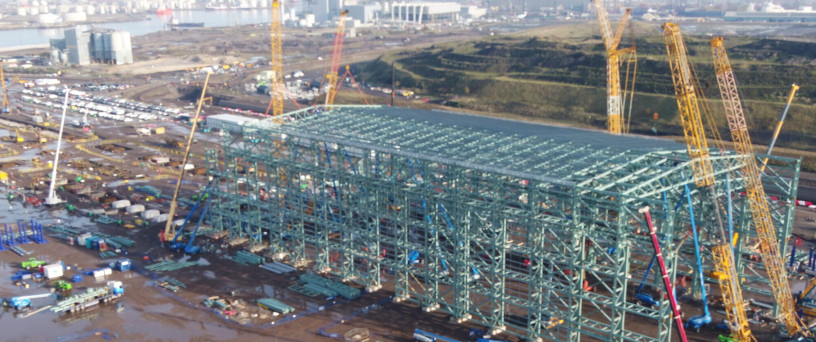
Mayor Welcomes Liquid Hydrogen Plane Plans As Tees Valley Firms Lead Fuel Research
Tees Valley Mayor | Published on: 7th December 2021
Mayor Ben Houchen has today (7 December) welcomed a Government-backed scheme to develop a plane powered by liquid hydrogen, as two local businesses have been awarded funding to help develop the fuel.
The FlyZero project, led by the Aerospace Technology Institute, has unveiled its concept for a midsize aircraft powered by liquid hydrogen which could pave the way for zero carbon global travel. It could fly 279 passengers halfway around the world without a stop or anywhere in the world with just one stop to refuel.
This means that a zero carbon, non-stop flight could be operated between London and San Francisco, or London to Auckland, New Zealand with just one stop, without sacrificing speed or comfort.
It comes as two firms based in the region were announced as winners of Government’s Green Fuels, Green Skies competition to develop sustainable aviation fuels (SAF) production plants in the UK. Alfanar Energy was awarded £2,417,500 to take forward its lighthouse green fuels project on Teesside, which will convert household and commercial waste into 180million litres of SAF and liquid hydrocarbon naptha.
Nova Pangaea Technologies, based on Redcar’s Wilton International, has also been awarded £484,201 for its partnership with British Airways and LanzaJet for a feasibility study into the design of a facility producing more than 100million litres of SAF per year from woody residues integrating technology developed by Nova Pangaea and LanzaJet.
Mayor Houchen said: “Teesside, Darlington and Hartlepool are at the forefront of the clean energy revolution, working to create the cleaner, safer and healthier sectors and jobs of tomorrow.
“We have a raft of projects looking at how we can decarbonise our industrial bases but now Government is driving forward the greening up of the aviation sector, with brilliant companies here at the heart of the plans. I’m delighted Alfanar and Nova Pangaea have been successful in securing the funding for their cutting-edge projects and I can’t wait to hear the results.
“This news is also a great opportunity for Teesside Airport. I want our airport to be the first hydrogen ready airport in the UK and we’ve already been chosen to host a number for hydrogen trials. Here in Teesside we’re leading the way on hydrogen as a future fuel for transport and home heating, now we’re at the forefront of developing hydrogen as the next zero carbon fuel for large wide body aircraft.”
Neil Guilder from Nova Pangaea said: “Our success in winning Green Fuels Green Skies and in subsequently delivering Project Speedbird has provided a great catalyst for our company to collaborate with IAG (British Airways) and the Alcohol to Jet technologist Lanzajet. Our patented process converts low value wastes from forestry and agriculture into highly valuable products such as Sustainable Aviation Fuel and Biochar. This is great news for the region as we work collaboratively towards the production of the first Sustainable Aviation Fuel (SAF) in the UK.”
Transport Secretary Grant Shapps said: “As we build back greener, it’s crucial that we place sustainability at the heart of the aviation industry’s recovery from COVID-19.
“This pioneering design for a liquid hydrogen powered aircraft, led by a British organisation, brings us one step closer to a future where people can continue to travel and connect but without the carbon footprint.
“I will continue to work closely with the Jet Zero Council to support the UK’s world-leading research in this sector, which will create green jobs, help us meet our ambitious net zero targets and lead the global transition to net zero aviation.”
Business Secretary Kwasi Kwarteng said: “These designs could define the future of aerospace and aviation. By working with industry, we are showing that truly carbon-free flight could be possible with hydrogen a front-runner to replace conventional fossil fuels.
“Fuelling planes sustainably will enable the public to travel as we do now, but in a way that doesn’t damage the planet. It will not only help us to end our contribution to climate change, but also represents a huge industrial opportunity for the UK.”
Share this post

